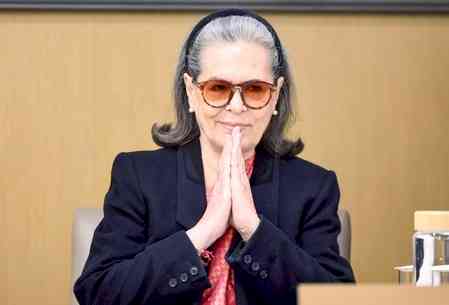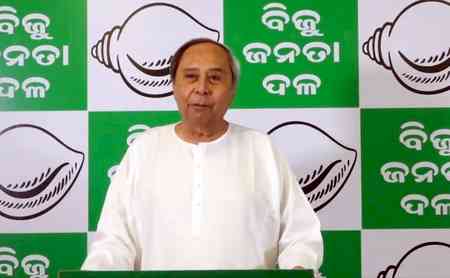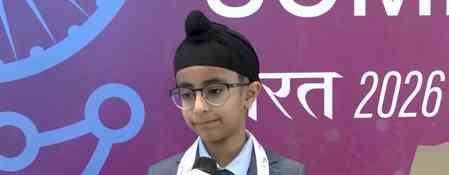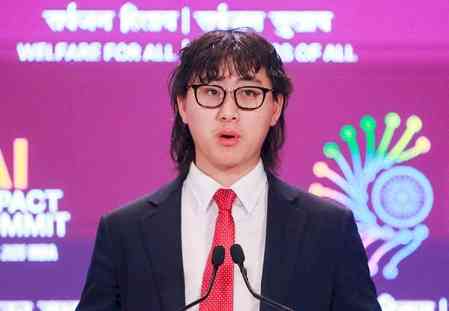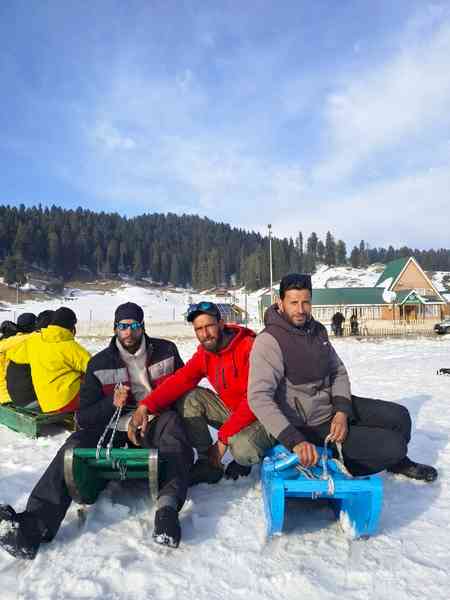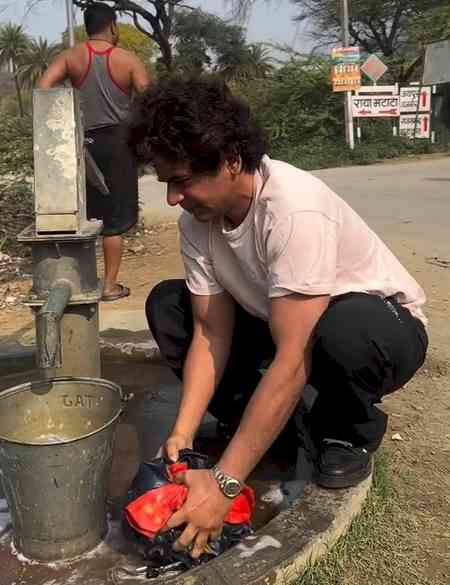AIG Presidential Voices Program: Champion the Cause of Organ Donation
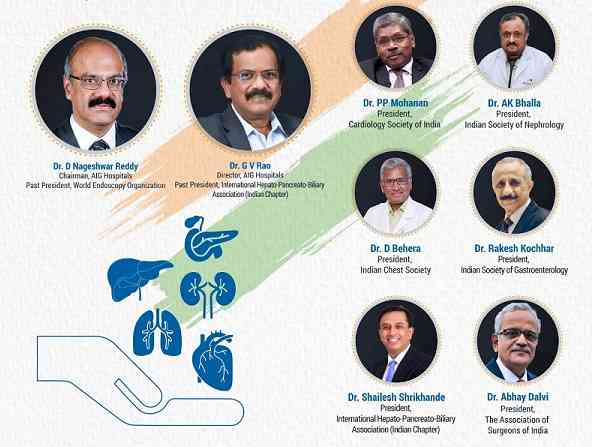
Hyderabad: Organ transplantation is considered to be one of the most remarkable and dramatic therapeutic advances in medicine during the past 70 years, progressing from ‘‘clinical experiment’’ to routine and reliable practice, with proven clinical effectiveness. It is life-saving and cost-effective when compared with nontransplantation management strategies of both chronic and acute end stage organ failures.
Over the years, the success of organ transplant programs has earned cultural acceptance, legal and political assistance to facilitate procurement and allocation of organs. The history of organ transplantation has also been laced with pure serendipitous discovery, tragic accidents, unfulfilled promise, abandoned paths, and incidents or practices that have produced legal or ethical quandaries; these features all combine to make the field a dynamic work-in-progress.
In India, every year almost 3.5 lac people need some form of organ transplant, but less than 11,000 transplants are carried out.
World Organ Donation Day is observed every year to motivate people for pledging organ donation after death and to spread awareness about the importance of organ donation. On this occasion, AIG Hospitals organized a first-of-its-kind program “Presidential Voices” featuring Presidents of India’s top medical societies where they voiced the need and awareness about organ donation.
“Organ donation in India needs to pick up the pace to match the humongous gap that is existing between patients who need organs and organ availability. As critical illnesses are on the rise, harvesting organs from deceased bodies and making it accessible to the one who needs should be the priority,” Dr. D Nageshwar Reddy, Chairman, AIG Hospitals said.
Dr. Reddy further added “In recent years, under the Directorate General of Health Services, Government of India, The National Organ and Tissue Transplant Organisation (NOTTO), the apex body for activities of relating to procurement, allotment and distribution of organs in the country, have been working extensively along with other stakeholders of healthcare to increase the awareness.”
Presidents from top six medical societies namely (1) Cardiology Society of India (CSI) (2) Indian Chest Society (ICS) (3) Indian Society of Gastroenterology (ISG) (4) Association of Surgeons of India (ASI) (5) Indian Society of Nephrology (ISN) and (6) International Hepato-Pancreato-Biliary Association (Indian Chapter) (IHPBA) participated in this virtual program.
Speaking on the aspect of overall organ transplantation, Dr. Abhay Dalvi, President, ASI said “Over the last four decades, we have been able to establish quite a formidable capacity for living donor transplantation, but deceased donor transplantation is still far from realizing its potential in public health. We are hopeful that deceased donation will help meet India's enormous need for organ transplantation but would need robust policy implementation and ramping up the necessary medical infrastructure to support the logistics of deceased organ transplantation.”
From the perspective of heart transplant and organ availability, Dr. PP Mohanan, President, CSI said “In India, over 50,000 patients need Heart Transplantation in a year but less than 250 actually get one. There are many challenges but over time things are improving with more coordinated efforts. Timely intimation of organ availability and assurance of seamless logistics can help in further improving the heart transplantation scenario.”
Commenting on the scenario of Lung transplant, Dr. D Behera, President, Indian Chest Society, said “Lung transplant is the definitive treatment for certain progressive end-stage lung diseases. However, the overall organ donation rate in India is quite low at around 0.52 per million population, compared with 36.07 donors per million in the US. We need to sensitize general public as well as doctors on benefits of organ transplant to achieve improvement in numbers.
Cost factor also acts like a deterrent especially with lung transplant. We need insurance
schemes to cover such expenses for more people to consider the transplant option.”
Adding to the concern on Kidney transplant, Dr. AK Bhalla, President, ISN, said “There is enormous lack of awareness and hesitation from the family members for organ donation in India. More than 2.5 Lakh people suffer from last-stage kidney diseases every year in our country and many of them can’t afford to continue dialysis on a regular basis making transplant their only saving option. As per the Indian Society of Organ Transplantation, 21,395 kidneys transplanted in India between 1971 and 2015, only 783 were from a cadaver or deceased donors. We need to advocate organ donation aggressively to bridge the gap.”
Another such organ which has a growing need especially in our country is the liver. Dr. Rakesh Kochhar, President, ISG, said “Liver Cirrhosis and other chronic liver diseases are rapidly increasing in India where the chances of survival without Liver Transplant is maximum 2-3 years. Unfortunately, out of 50,000+ people who need Liver Transplant only 2000 procedures are being done. Currently, in our country majority of the Liver Transplantation is being carried out with a living doner whereas the cadaveric (after brain dead) Liver Transplantation is much more viable and should be promoted.”
Pancreatic transplantation is still evolving in India with very few procedures being carried out, Dr. Shailesh Shrikhande, President, IHPBA, said “India is being called the Diabetes capital of the world and it is estimated that by 2030, we will have close to 10 cr people suffering from diabetes. Many of these patients will eventually have complete absence of insulin in the body as their pancreas won’t be of any use making Pancreatic Transplantation their saviour. In India, the pancreatic transplantation is quite new and is mainly limited to a few centres primarily because of lack of expertise and organ availability.”
Summarizing the program, Dr. GV Rao, Director, AIG Hospitals and Former President, IHPBA said “It is time for all of us to actively advocate for organ donation. Each donor can potentially save up to 8 lives. We have gained the adequate expertise across the country to carry out all sorts of solid organ transplantation but need support from the civil society to increase awareness and diminish the taboo attached with organ donation.” Dr. Rao further added that newer forms of transplantation like Islet Cell Transplantation are evolving as options for select group of patients for treatment of Diabetes.
This World Organ Donation day, let’s commit ourselves to increase awareness on Organ Donation so that thousands of patients can get new lease of life.



 cityairnews
cityairnews 
